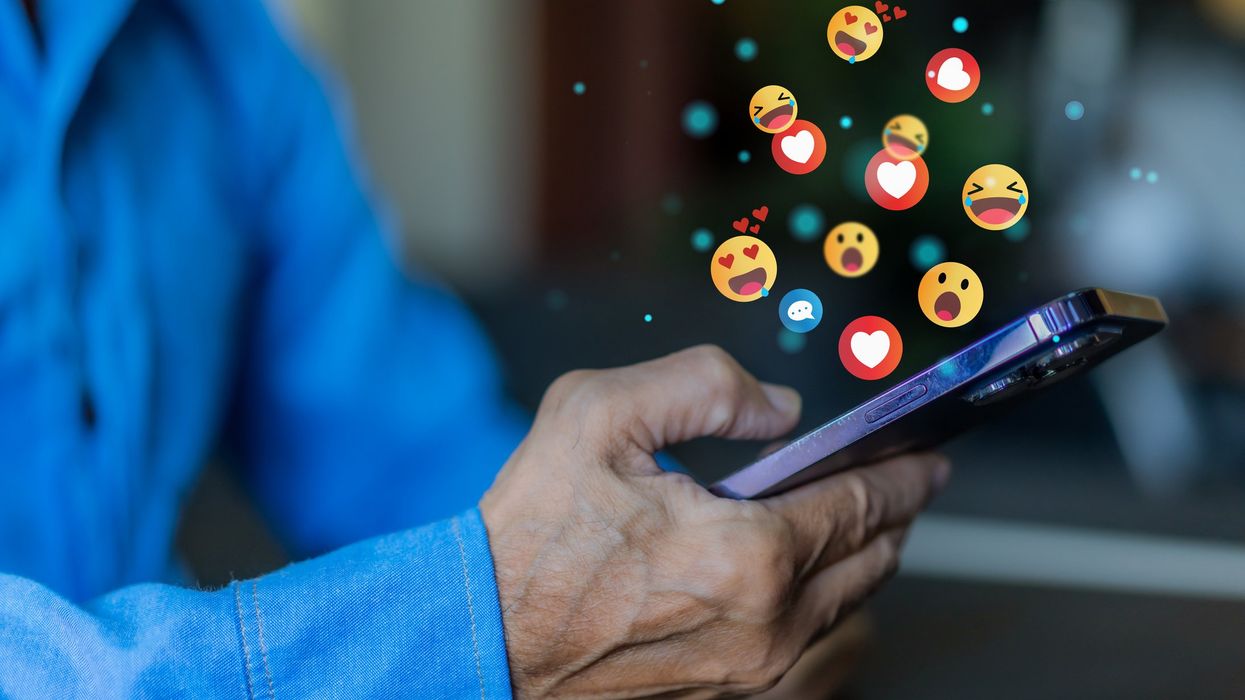
Thitima Uthaiburom/Getty Images

It’s better to foster deep, genuine connections and engage in local actions that offer tangible results — and a healthier, happier life.
In today’s hyperconnected world, it’s easy to feel overwhelmed by the sheer volume of social connections and constant barrage of global events. We’re inundated with notifications, news updates, and social media posts, making it seem as though we must keep track of everyone and everything.
There is wisdom, however, in recognizing that our brains — and our hearts — are not designed for such vast, impersonal networks. Instead, embracing exclusivity and a bit of selfishness can lead to healthier, more meaningful lives. Let’s explore why focusing on fewer, deeper relationships and local concerns can benefit us all.
Historically, humans have maintained a limited number of close friendships. Evolutionarily speaking, our ancestors formed tight-knit groups for survival, fostering deep bonds with a select few rather than superficial connections with many. This pattern generally persists in modern life: As we grow and move through different life stages, we naturally shed some acquaintances and hold on to a few core friendships.
During school, we might form close friendships, but upon graduation, we tend to keep in touch with just a handful of those friends. The same occurs with workplace relationships; despite meeting numerous colleagues, only a couple might transition into true friends. For parents, especially mothers with toddlers, friendships often revolve around shared experiences of raising young children. As children grow older, these connections might fade, having served their purpose during a particular life stage.
Our brains are not equipped to process and react to such an overwhelming amount of negative information.
Our brains are not wired to manage relationships with an enormous group of people. Social media, however, challenges this natural limitation by encouraging us to "collect" friends. Platforms like Facebook and Instagram make it easy to maintain a connection with nearly every person we've ever met. This isn't healthy or normal. Our ancestors didn't evolve to keep track of hundreds of individuals; doing so can lead to superficial interactions, spike in anxiety, and social fatigue.
This phenomenon is particularly harmful to children. In the pre-social-media era, a young girl's self-worth might hinge on the opinions of a few close friends. Today, a negative comment from a complete stranger on Instagram can significantly undermine her self-esteem. The opinions of countless acquaintances and strangers infiltrate her world, creating an unhealthy environment where external validation is sought from an unrealistically large audience.
The principle of exclusivity extends beyond personal relationships to our consumption of news and information.
In the past, people mainly concerned themselves with events affecting their families and local communities. Major news from their own state might catch their attention, but global catastrophes and distant crimes were not daily considerations. This limited scope allowed individuals to focus on problems they could actually address.
Today, though, we are bombarded with news from every corner of the globe. We learn about crimes, disasters, and conflicts in real time, regardless of their proximity or relevance to our lives. This incessant stream of bad news creates a constant state of stress and anxiety. Our brains are not equipped to process and react to such an overwhelming amount of negative information.
Knowing about every tragic event worldwide does not benefit us; instead, it induces a sense of helplessness and fear. We cannot fight or flee from these distant threats, leaving us feeling paralyzed and hopeless. This chronic stress is detrimental to our emotional, mental, and physical health.
The solution lies in narrowing our focus to local issues where we can make a tangible difference. Rather than getting lost in debates about global problems like the "war on poverty," we should concentrate on actions within our reach. Helping a local family in need can have a profound impact, providing immediate support and fostering a sense of community.
When confronted with bad news, we should ask ourselves, "Is this something I can do anything about?" If the answer is no, it’s best to redirect our energy toward efforts where we can effect change, however small. This approach not only makes better use of our time and resources but also helps reduce unnecessary anxiety.
Embracing a bit of exclusivity and selfishness is not only natural but also essential for our peace of mind. By focusing on fewer, more meaningful relationships and addressing local concerns, we can lead more fulfilling lives. Social media’s drive to accumulate friends and the constant flood of global news can overwhelm us, leading to superficial interactions and chronic stress. Instead, let's prioritize deep, genuine connections and engage in local actions that offer tangible results. In doing so, we align more closely with our evolutionary design and create a healthier, happier life.
Alvin Lui